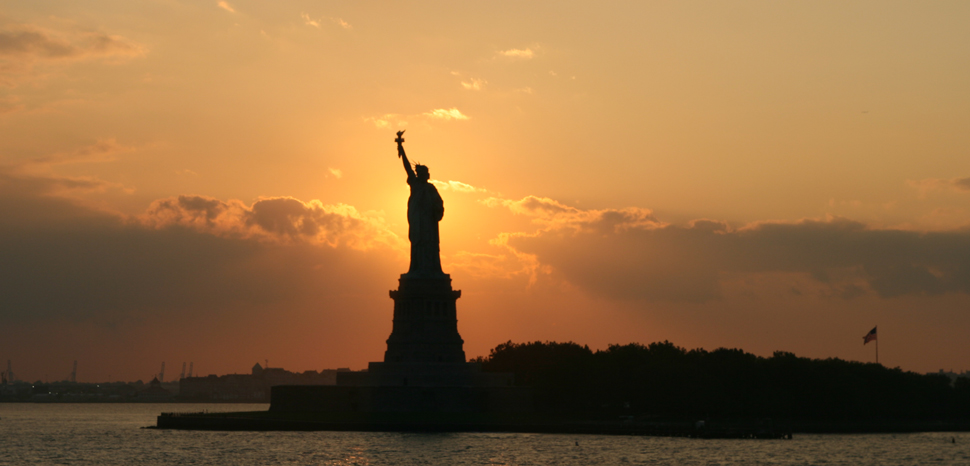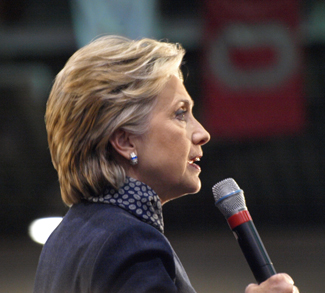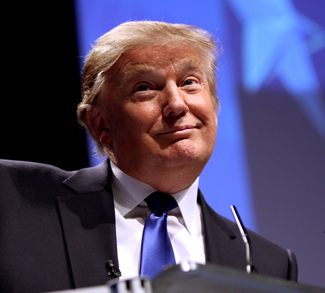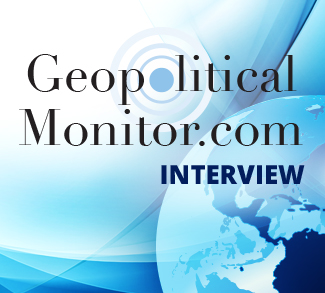Democracy, as a governing philosophy, has enjoyed a spectacular run since the end of World War II. In 1946, democratically run countries comprised just 29% of the total, compared with 58% today, according to the Pew Research Center. As one might expect, the lion’s share of that progress occurred after the Berlin Wall came down in 1989, with democracy’s share of the total rising by more than 20 percentage points in the subsequent 27 years. The prevailing optimism rippling through public opinion after the Berlin Wall fell was encapsulated most succinctly in Francis Fukuyama’s 1989 essay ‘The End of History?’ in The National Interest. In it, he famously postulated that “what we may be witnessing is not just the end of the Cold War, but the end of history … that is, the end point of mankind’s ideological evolution and the universalization of Western liberal democracy as the final form of human government.” The intervening years appeared to validate his bold claim, as democracy’s spread looked inexorable.
However, several international watchdog reports have disabused us of the mistaken belief that history’s arc bends unmistakably towards progress. According to both Freedom House and The Economist Intelligence Unit, the number of countries posting democratic setbacks in 2017 outnumbered those that improved. Worryingly, Freedom House’s report indicates this has occurred for the 12th year in a row. Meanwhile, a Bertelsmann Foundation analysis indicates that democracy’s vigor in emerging nations has also sunk to a 12-year low.
Political scientists and international affairs experts attribute this slide to many factors. Stagnant wages effectuated by technology and globalization, the trauma of Al Qaeda’s 9/11 attack and growing fears of Islamic terrorism, the 2008 financial crisis, and increased immigration are most widely blamed for democracy’s stumble. Voter disaffection with today’s political leadership and institutions stem from the latter two’s apparent inability to improve people’s standard of living, protect them from foreign adversaries, and uphold their cultural sovereignty. As a result, Pew reports that 24% of voters support military rule and 26% support “rule by an unconstrained leader.”
Examples abound. Turkish voters approved constitutional changes that centralized and enhanced presidential powers at the expense of the legislature, judiciary and press, and then re-elected President Recep Tayyip Erdogan. (Weakening the legislature, judiciary, and press are integral to stifling democratic norms and pursued by potential autocrats everywhere). Hungary and Poland have become increasingly authoritarian; in fact, Hungary’s prime minister has bragged that his country practices “illiberal democracy.” And here in the U.S., Republican primary voters nominated a man who labels the press “enemies of the people,” and accuses members within the intelligence agencies as being part of a nefarious “deep state” that must be defeated, over 15 other mainstream Republican candidates.
What can be done to revitalize support for liberal democracy? The solutions vary by country because the origins of voter dissatisfaction vary. Where stagnant wages drive right-wing populism, policy makers should take a page from Franklin Delano Roosevelt’s playbook; his support for New Deal programs partially stemmed from his desire to inoculate the U.S. politic during the Great Depression against metastasizing European fascism and communism. Similarly, to help those singed by globalization and automation, today’s policy makers should strengthen the social safety net and help modernize workers’ skills. Where immigration fears dominate, integration and assimilation efforts should be adrenalized. Regardless of the country specifics, with luck the world’s citizenry will awaken from its complacency and mobilize to defend democratic institutions, norms and mores. The alternative is too sad to contemplate.
The opinions, beliefs, and viewpoints expressed by the authors are theirs alone and don’t reflect any official position of Geopoliticalmonitor.com.




